Keywords: Banks
There are more than 200 results, only the first 200 are displayed here.
-

RELIGION
- Bill Uren
- 15 September 2020
250 Comments
Whereas the Vatican II document sought to engage with, and to respect, the autonomy of the modern world and its science, only too many of the Vatican’s official statements over the past fifty years have effectively resiled from that commitment.
READ MORE 
-
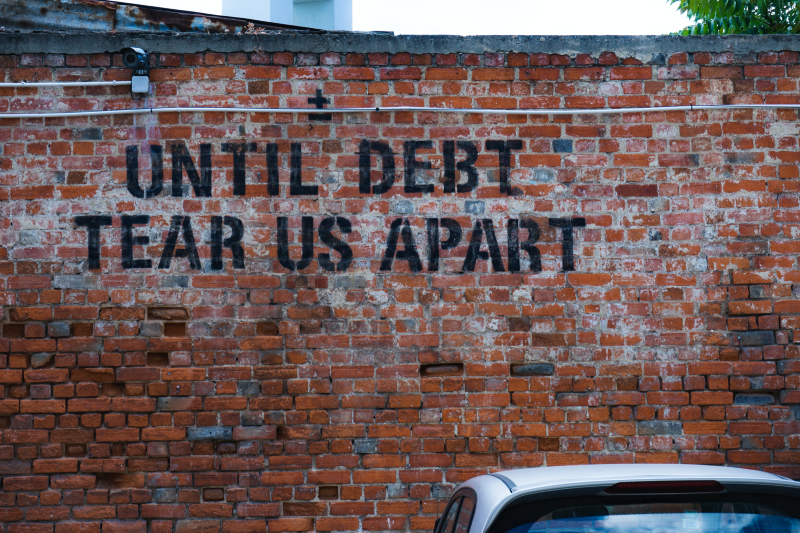
ECONOMICS
- David James
- 20 August 2020
6 Comments
There will be Great Reset in finance and economics. It is inevitable because the shock has been so great. The first problem is what to do with global debt, which was already at unsustainable levels before the virus hit: over 320 per cent of global GDP. The only way to prevent system-wide failure has been to lower interest rates to near zero levels.
READ MORE 
-
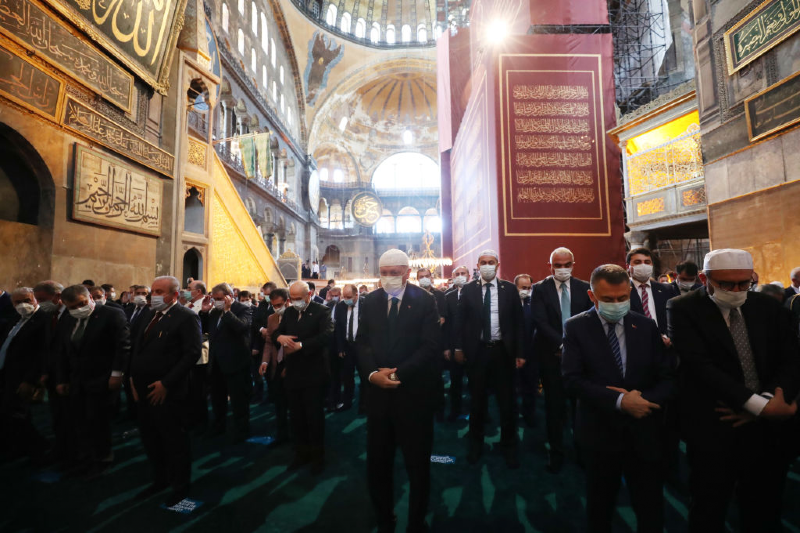
INTERNATIONAL
- Daniel Sleiman
- 28 July 2020
7 Comments
Erdogan’s announcement in relation to the Hagia Sophia is one that is heavily influenced and panders to his Islamist sentiments and supporters. Hagia Sophia, often touted as the pinnacle of Byzantine church architecture and design, was reverted to a museum in 1935 by the founder of the modern Turkish republic, Kemal Ataturk. Altering its status to a mosque is clearly about propping up Erdogan’s Islamist credentials and base, which have slowly been eroding civil freedoms in the Turkish nation.
READ MORE 
-

AUSTRALIA
- Cristy Clark
- 02 July 2020
5 Comments
The significance of having a sanctuary has been heightened during the last months of living with the threat of COVID-19, which starkly highlights the experience of those Australians who do not have a sanctuary, who do not have a home to shelter in.
READ MORE 
-
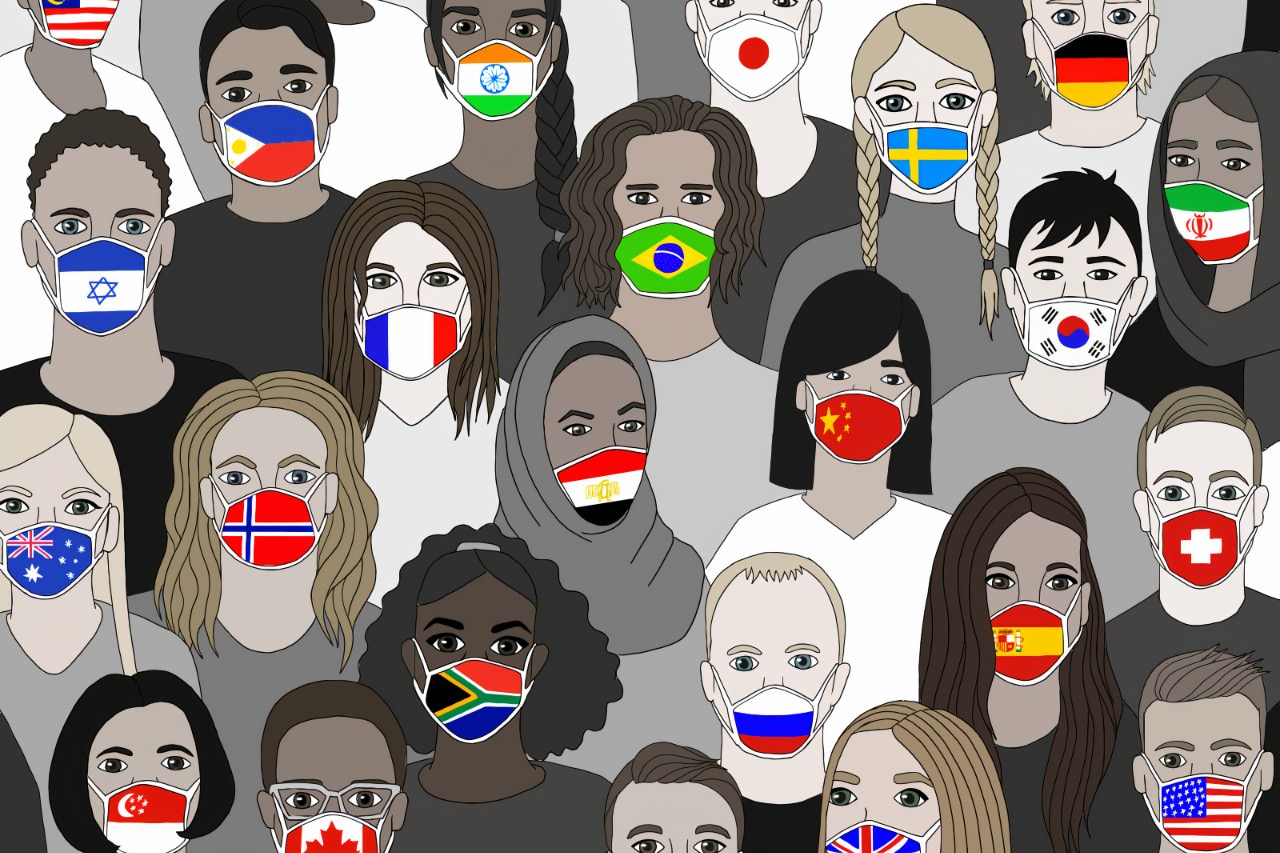
ECONOMICS
A commonly heard phrase, or rather media cliché, is that after the COVID-19 crisis ‘things will never be the same.’ It is an understandable sentiment, given the seemingly unprecedented nature of recent events. But how novel is what happened, and how much will actually change?
READ MORE 
-
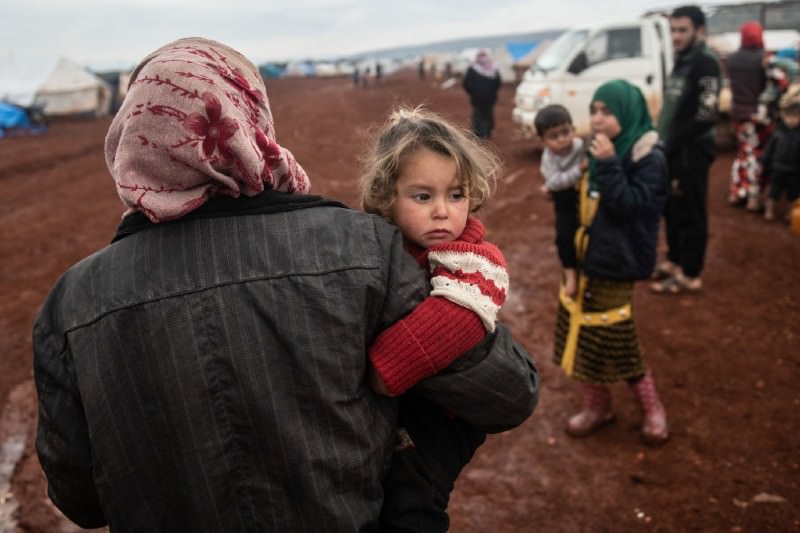
INTERNATIONAL
- Daniel Sleiman
- 25 June 2020
4 Comments
America has lost the proxy war in Syria and is now looking at punishing ordinary Syrians for the actions of the Syrian government. The so called ‘Caesar Act’, officially known as the Caesar Syrian Civilian Protection Act, aims to cut off multilateral or direct commerce with Syria’s ruling Baath party, effectively inducing record inflation, poverty and market exclusion.
READ MORE 
-
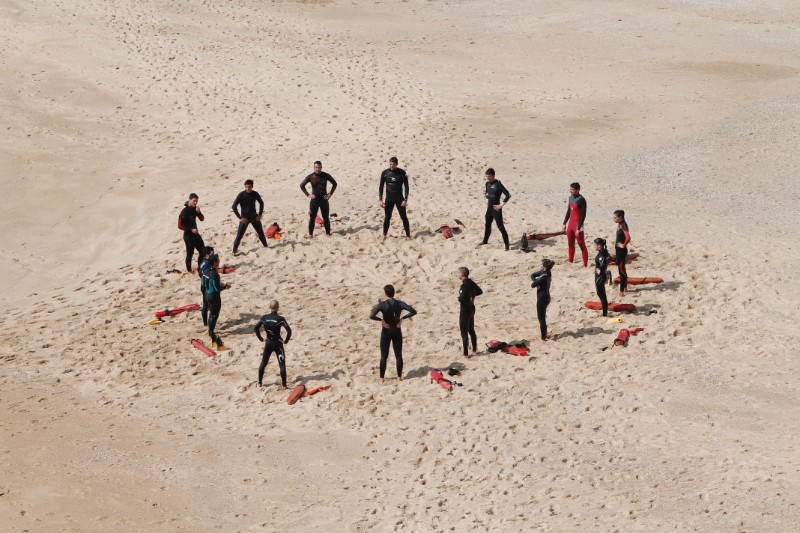
AUSTRALIA
- Andrew Hamilton
- 21 May 2020
7 Comments
In recovering from catastrophic events, we need to look beyond the simple defining of problems, finding solutions that match them and naming agencies responsible to fix them. We need to be curious about the persons involved, their interlocking relationships which have contributed to the trauma and the possibilities for healing within those relationships.
READ MORE 
-
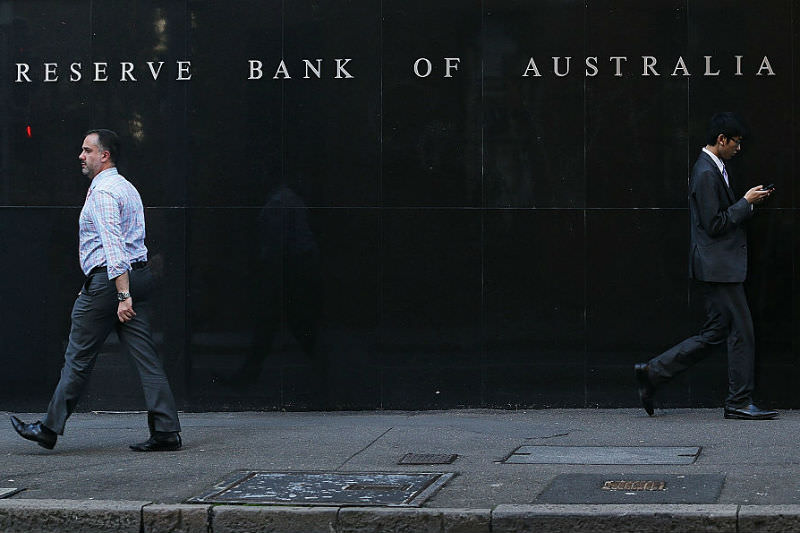
ECONOMICS
- David James
- 29 April 2020
6 Comments
The COVID-19 pandemic is starting to ease, but the economic and financial fall out has just begun. It is not as if the world economy was in good shape before economic activity was slashed and entire industries were shut down. Those fault lines are only going to worsen, and the consequences might be very dark.
READ MORE 
-

INTERNATIONAL
- Gillian Bouras
- 15 April 2020
17 Comments
In these troubled times of COVID-19, most news bulletins concentrate on the daunting figures from Italy, Spain, Britain and the USA. Little countries don’t get much of a mention. Greece is a little country.
READ MORE 
-

ECONOMICS
- David James
- 01 April 2020
4 Comments
The world-wide chaos caused by the outbreak of the coronavirus has underlined a lesson that was only partly learned in the Global Financial Crisis of 2008. In a more interconnected world the understanding of system-wide risk needs to be much better than it is.
READ MORE 
-
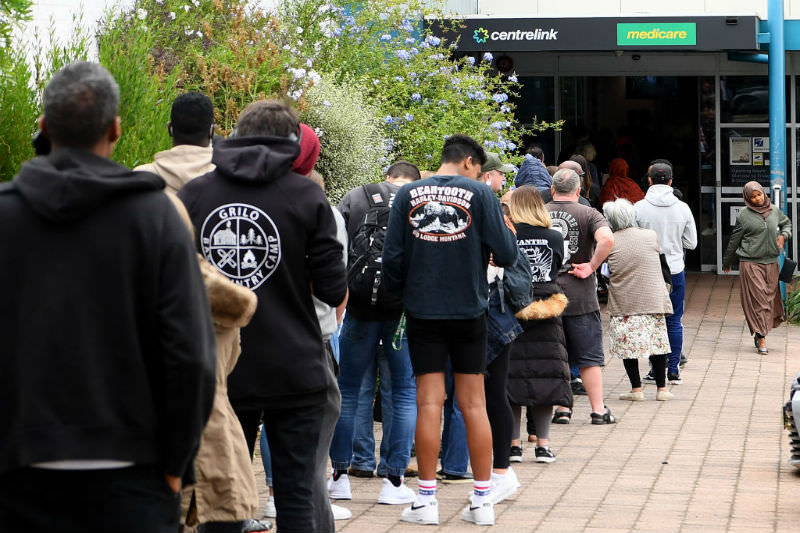
AUSTRALIA
- Sangeetha Thanapal
- 31 March 2020
5 Comments
The long queues outside Centrelink and the crashes on the website have fuelled the fears of many people, including myself, that one wrong sentence in the application means we will be denied relief, or worse, that even if we are eligible, the money could take weeks to come in, way past the point of financial solvency.
READ MORE 
-
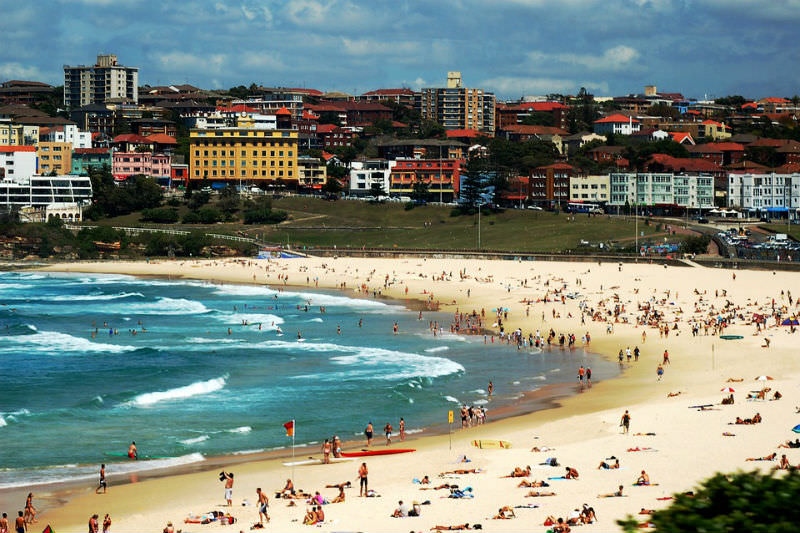
ARTS AND CULTURE
Anchored in the treachery of sand, wearing waves until the snip of a certain comber shreds them landward. They call this weed. There are people here too busy in their pleasure. They stare further out across the stolid hungers of tankers queued to feed national necessity, rapacity.
READ MORE 